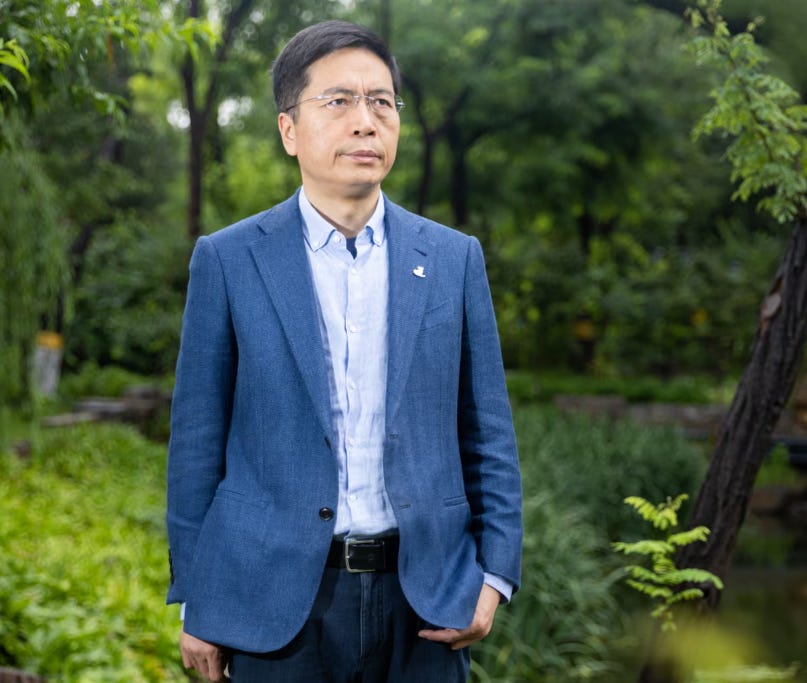In August 2020, after 28 years in the US, Zhu astonished his colleagues and friends by suddenly moving back to China, where he took up professorships at two top Beijing universities and a directorship in a state-sponsored AI institute.
The Chinese media feted him as a patriot assisting the motherland in its race toward artificial intelligence. US lawmakers would later demand to know how funders such as UCLA and the Pentagon had ignored “concerning signs” of Zhu’s ties to a geopolitical rival.
In 2023, Zhu became a member of China’s top political advisory body, where he proposed that China should treat AI with the same strategic urgency as a nuclear weapons programme.
Zhu’s journey from rural China to the helm of one of the US’s leading AI labs was both improbable and part of a much bigger story.
For almost a century, the world’s brightest scientific minds were drawn to the US as the place where they could best advance their research. The work of these new arrivals had helped secure US dominance in technologies such as nuclear weapons, semiconductors and AI. Today, that era seems to be coming to a close.
Read more | THE GUARDIAN

